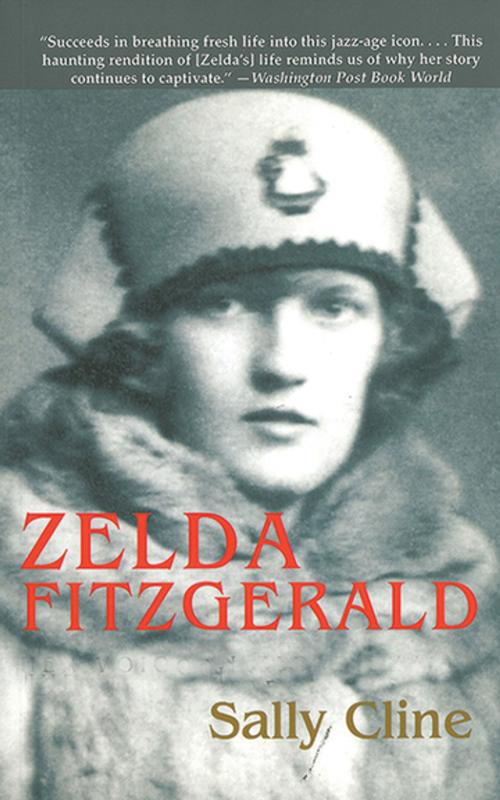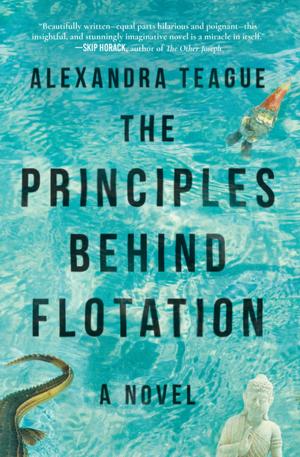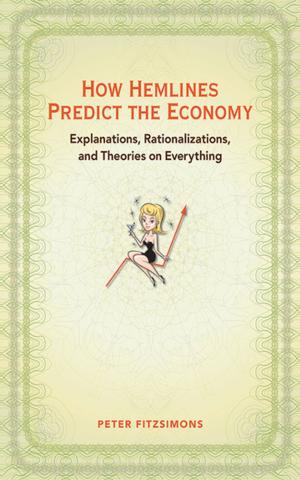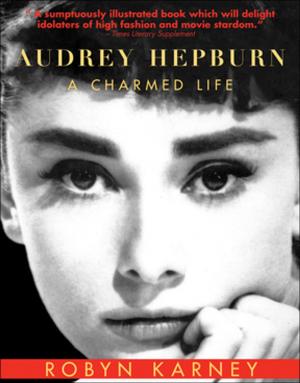Zelda Fitzgerald
The Tragic, Meticulously Researched Biography of the Jazz Age's High Priestess
Fiction & Literature, Essays & Letters, Essays, Literary Theory & Criticism| Author: | Sally Cline | ISBN: | 9781611459630 |
| Publisher: | Skyhorse Publishing | Publication: | January 12, 2012 |
| Imprint: | Arcade Publishing | Language: | English |
| Author: | Sally Cline |
| ISBN: | 9781611459630 |
| Publisher: | Skyhorse Publishing |
| Publication: | January 12, 2012 |
| Imprint: | Arcade Publishing |
| Language: | English |
A biography about the glamour, romance, and tragedy of “the first American flapper” (F. Scott Fitzgerald).
Zelda Fitzgerald was seen as the mythical American Dream Girl of the Roaring Twenties. Her romance with F. Scott Fitzgerald became a symbol of Jazz Age glamour and spectacle. But not long after the stock market crash of 1929, Zelda descended into a nightmare of breakdowns and mental illness. Through Zelda’s autobiographical writings, including hundreds of letters she wrote to friends, family, publishers, and many others, “Sally Cline succeeds in breathing fresh life into this jazz-age icon” (The Washington Post Book World).
Accessing new medical evidence and interviews with Zelda’s last psychiatrist, Cline suggest that the writer’s “insanity” may have been the product of the treatment she endured for schizophrenia, rather than a clinical condition. In narrating Zelda’s life, Cline evokes the circle of Jazz Age friends that included Edmund Wilson, Ernest Hemingway, John Dos Passos, Dorothy Parker, Lillian Hellman, and H.L. Mencken. Zelda Fitzgerald is a “powerful, tragic, and engrossing biography” (Minneapolis Star-Tribune) about “one of the twentieth century’s most fascinating women” (Atlanta Journal-Constitution).
A biography about the glamour, romance, and tragedy of “the first American flapper” (F. Scott Fitzgerald).
Zelda Fitzgerald was seen as the mythical American Dream Girl of the Roaring Twenties. Her romance with F. Scott Fitzgerald became a symbol of Jazz Age glamour and spectacle. But not long after the stock market crash of 1929, Zelda descended into a nightmare of breakdowns and mental illness. Through Zelda’s autobiographical writings, including hundreds of letters she wrote to friends, family, publishers, and many others, “Sally Cline succeeds in breathing fresh life into this jazz-age icon” (The Washington Post Book World).
Accessing new medical evidence and interviews with Zelda’s last psychiatrist, Cline suggest that the writer’s “insanity” may have been the product of the treatment she endured for schizophrenia, rather than a clinical condition. In narrating Zelda’s life, Cline evokes the circle of Jazz Age friends that included Edmund Wilson, Ernest Hemingway, John Dos Passos, Dorothy Parker, Lillian Hellman, and H.L. Mencken. Zelda Fitzgerald is a “powerful, tragic, and engrossing biography” (Minneapolis Star-Tribune) about “one of the twentieth century’s most fascinating women” (Atlanta Journal-Constitution).















